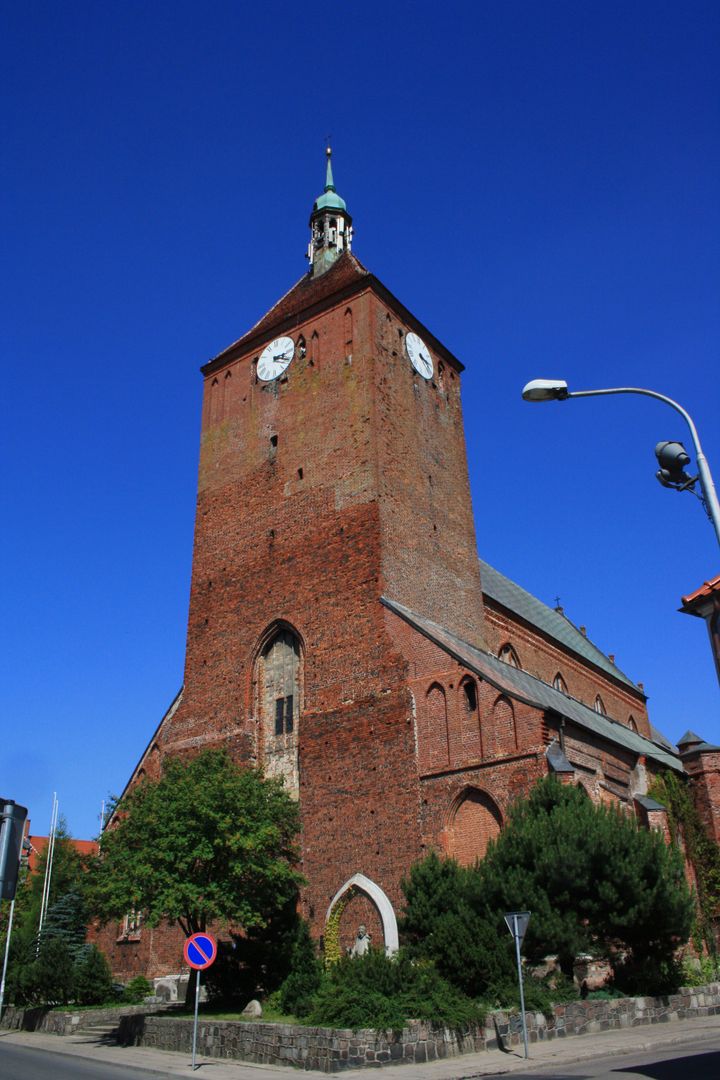Darłowo
7.08

Overview
Darłowo, historically known as Rügenwalde, is a coastal town in northwestern Poland, in the West Pomeranian Voivodeship, with a rich history dating back to the Middle Ages. The first mentions of the town come from the 11th century, when there was a stronghold engaged in sailing and fishing. In the 13th century, Darłowo changed territorial affiliations, and in 1271 it was granted town rights. Over the centuries, the town also developed thanks to close contacts with Hanseatic cities. Darłowo is home to numerous historic sites, including the Castle of the Pomeranian Dukes, which is the only coastal Gothic castle in Poland, and St. Mary's Church, whose construction began in 1321. The town has preserved its medieval urban layout, with the market square as the central point, surrounded by remnants of defensive walls and the only preserved High Gate. An important cultural element of the town is the annually organized Bałtyk Festival Media and Art and the REGGAENWALDE FESTIVAL, which promotes reggae culture. Darłowo is also known for its fishing tradition, illustrated by numerous local festivals and fishing events. In the 20th century, the town went through many changes, including during World War II, when powerful cannons were tested here. After the war, Darłowo became part of Poland, where it gained importance as a center for fisheries education. Today, the town attracts tourists with its beautiful marina, tourist trails, and unique architecture, including a 19th-century lighthouse. Interestingly, the film "Naprawdę wczoraj" ("Really Yesterday"), based on the novel by Leopold Tyrmand, was filmed in Darłowo. The town is also a partner to several European cities, highlighting its international character.
Location
You can also find here:
2026 Wizytor | All Rights Reserved

